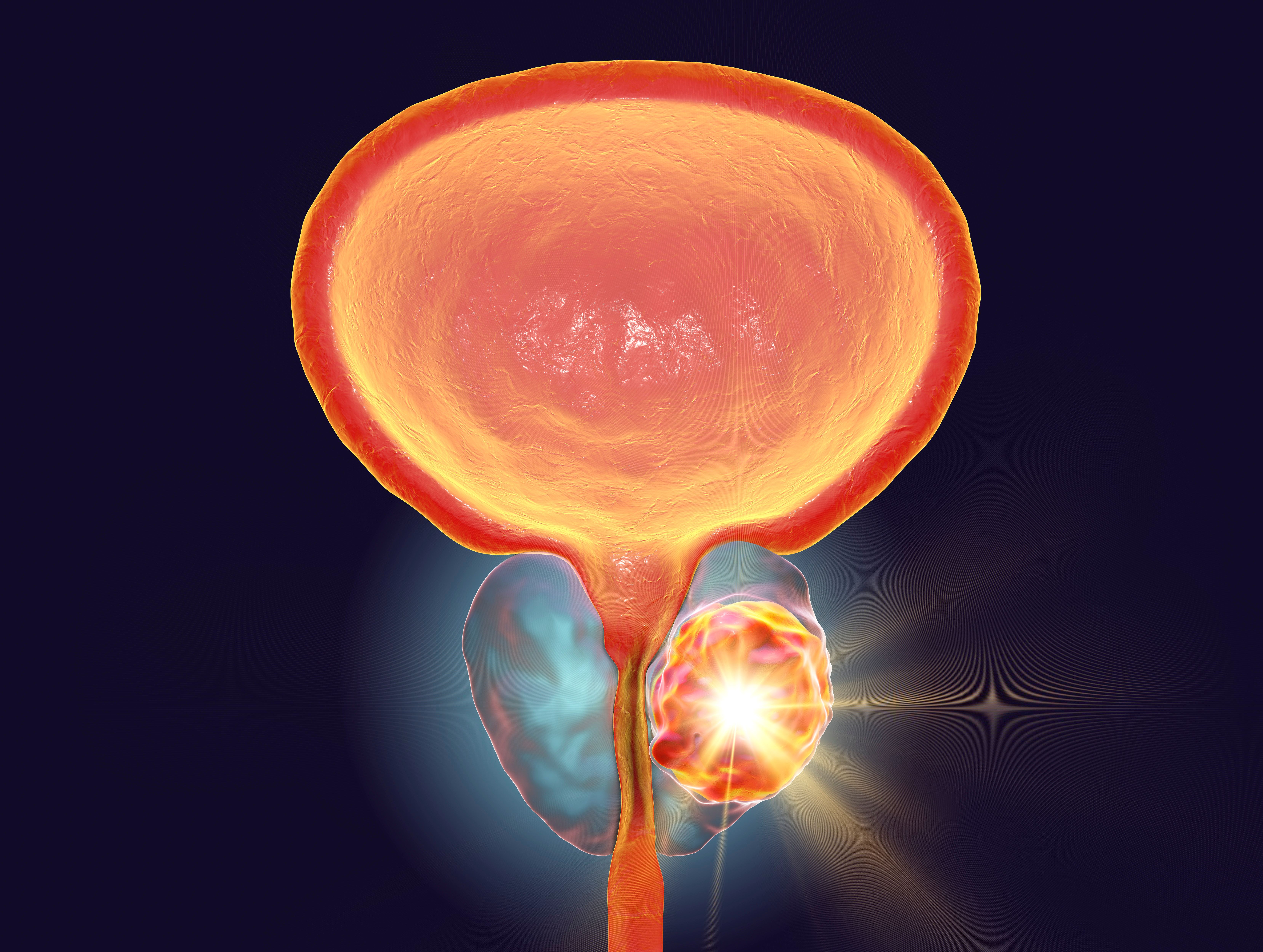Article
MAPK4 Presents Novel Therapeutic Target for Treatment of Triple-Negative Breast Cancer
Author(s):
Knocking down MAPK4 resulted in the cells’ increased sensitivity to PI3K inhibitors and reduced breast cancer growth.
With new evidence demonstrating the involvement of the MAPK4 enzyme in cancer growth and therapy resistance, researchers believe the enzyme plays an important role in triple-negative breast cancer (TNBC).
By analyzing public genomic datasets, researchers at the at the Baylor College of Medicine found that a large subset of TNBC expresses significant levels of MAPK4. By eliminating this enzyme, they were able to reduce human TNBC cell growth in animal models and sensitized the cells to therapies involving blocking PI3K, which is a cancer growth-promoting signaling pathway.
According to the study authors, these findings support further research into the possibility that targeting MAPK4 in TNBC could offer improved treatments.
“In this work, we have combined 2 long-term interests of my lab: studying the role of MAPK4 plays in human cancers and better understanding breast cancer, the most commonly diagnosed cancer worldwide,” said corresponding author Feng Yang, PhD, in the press release. “In particular, this study focused on TNBC, the subtype of breast cancer that is the hardest to treat.”
First, the researchers analyzed the gene expression profiles from 817 human breast cancers in the Cancer Genome Atlas dataset, including samples from a variety of breast cancer subtypes. They found that MAPK4 expression is elevated in 30% or more of the basal-like breast cancer subtype, 70% to 80% of which are TNBC, according to the study.
The team also analyzed MAPK4 expression in the breast cancer patient-derived xenograft collection from Baylor’s cancer center, most of which are TNBC. Patient-derived xenograft refers to a type of animal model of human cancer, which closely recapitulates the human condition. The team also found high expression of MAPK4 in a large subset of these tumors, according to the press release.
“Previous work from our lab had shown that MAPK4 can play a cancer-promoting role in other cancer types, such as prostate cancer,” Yang said in the press release. “Finding that the levels of MAPK4 are elevated in a significant subset of TNBC prompted us to investigate whether MAPK4 could also contribute to TNBC.”
In 7 different human cell lines of TNBC with varying levels of MAPK4, the team manipulated the gene expression levels. After eliminating MAPK4 with either knockdown or knockout approaches, the cell growth was significantly reduced, which suggests that MAPK4 plays a part in TNBC, according to the study authors. The team also increased the levels of MAPK4 in low-expressing TNBC, which promoted cell growth.
After establishing that MAPK4 seemed to play a role in TNBC, the researchers looked further into the mechanism behind how MAPK4 promoted cancer cells. Yang noted that the team had previously found that MAPK4 promotes growth in other cancer types by activating a cancer-promoting signaling pathway called AKT, and this appears to also be the case in TNBC.
TNBC can activate AKT via 2 independent mechanisms, one of which is mediated by MAPK4 and the other which is mediated by the PI3K enzyme, according to the study.
“We knew that alterations in the PI3K pathway were common in TNBC, but yet the therapeutic benefits of PI3K inhibitors were limited,” Yang said in the press release. “Here we provide a mechanism that can explain the inhibitors’ lack of efficacy.”
The investigators proposed that inhibiting PI3K could leave the cells with the possibility of activating AKT via MAPK4, thus continuing to grow. To confirm this idea, the researchers found that knocking down MAPK4 resulted in the cells’ increased sensitivity to PI3K inhibitors and reduced cancer growth. Furthermore, overexpressing MAPK4 in low-expressing TNBC enabled the cells to resist the effect of PI3K inhibitors, thus continuing to grow, according to the study.
“Altogether, our findings suggest a new therapeutic opportunity for TNBC based on MAPK4 expression, perhaps including a combination of inhibitors to help control cancer growth,” Yang said in the press release. “Future studies will help clarify this idea.”
REFERENCE
MAPK4, novel therapeutic target for triple-negative breast cancer. News release. Baylor College of Medicine; January 11, 2022. Accessed January 12, 2022. https://www.bcm.edu/news/mapk4-novel-therapeutic-target-for-triple-negative-breast-cancer
Newsletter
Stay informed on drug updates, treatment guidelines, and pharmacy practice trends—subscribe to Pharmacy Times for weekly clinical insights.






